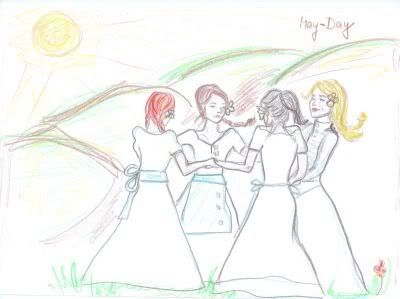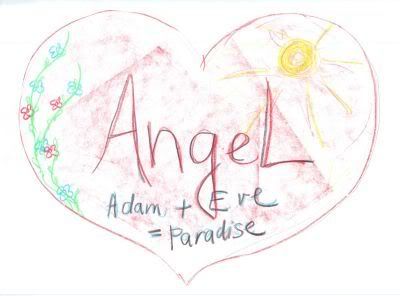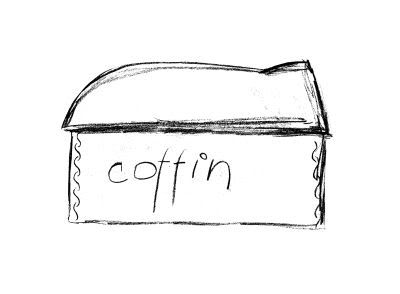During the May Day dance, all the girls are dressed in white, carrying white flowers. Tess is among them and it is during this occasion that she first encounters Angel. This local custom is a symbolic ritual of purity and innocence.
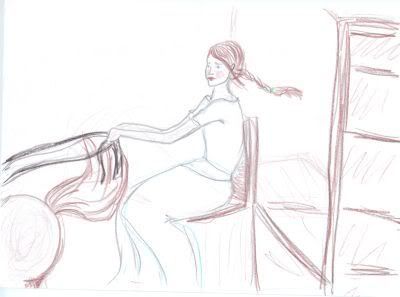
Tess’ s driving of the wagon results in the death of the family horse Prince. The blood of the horse on Tess’ s dress foreshadows the loss of her ‘purity’ in the future. Her feelings of guilt lead her consequently to the estate of the D’urbervilles where she meets Alec, her ‘seducer’.
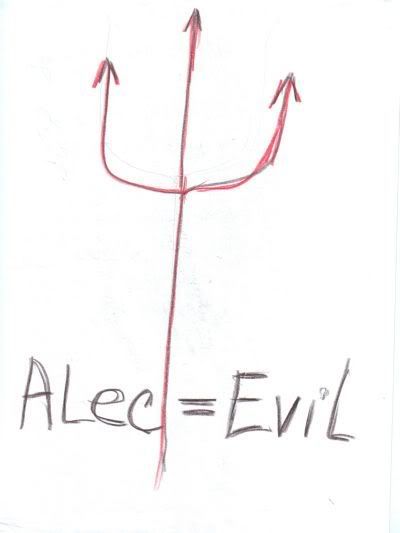
The relationship between Tess and Alec may be viewed as an allegory of Good struggling with the Evil.
The period that Tess spends with Angel at the dairy is the happiest period of her life. The two of them spend a lot of time in the quiet natural surroundings, feeling as the only human beings in the world. The blooming nature and the sunny weather also correspond with their inner states of mind.
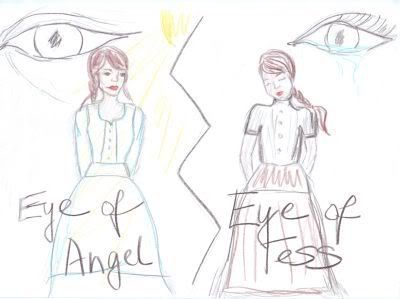
However, Tess suffers inwardly because of her impurity. She perceives herself as a sinner, not worthy of Angel’s love. Angel, on the other hand, sees Tess as the symbol of virginity and purity. Their conflicting views and Angel’s disability to reconcile with the real Tess result in their splitting.
Despite her attempts to change the course of her fate, Tess is not able to escape her destiny in the end. Her whole life is governed by some powerful, external force which manifests itself in the form of strange coincidences that happen to Tess and Angel. Therefore, one may regard human beings only as puppets in the hands of fate.
